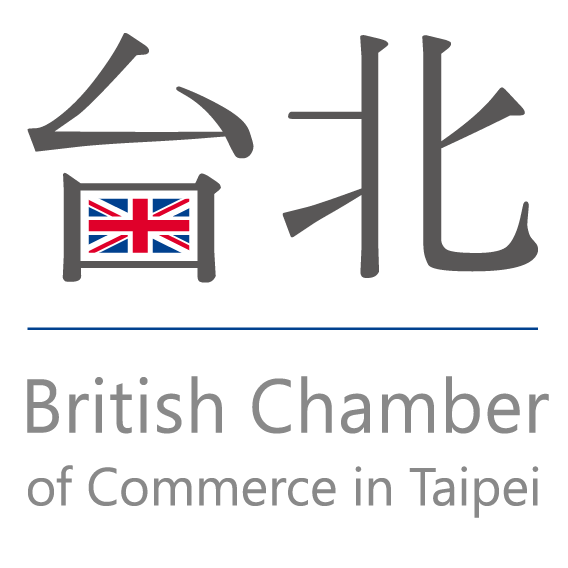'One solution fits all’ package for ESG doesn’t exist

It is well recognized within Taiwan, both at the government and corporate levels, that Taiwan must embrace ESG (Environmental, Social, and Governance) as best practice for corporate development in Taiwan to maintain its high global standing and attractiveness for investment — especially given its critical player role in the global supply chain.
Taiwan’s focus on renewable energy and the government’s publicly announced 2050 net-zero carbon emission target means it is imperative that we understand what must be done to ensure ESG is fully integrated into best practice within the corporate environment.
In this first opinion piece on ESG, I would like to upend the acronym and focus on the “G” or governance aspect. Why? Well, no amount of “environmental or sustainability” policies and procedures will get you to your desired point if your governance is not “on point.”
As early as 2017, Taiwan corporates and financial institutions were reporting strong progress on the disclosure of the critical areas of governance, sustainability, and social impact in corporate board and leadership activities through their Corporate Sustainability Reports (CSR). These lengthy reports show, at the very least, an understanding of how important ESG has become in Taiwan both to the government and even to Taiwanese consumers.
The Taiwan Depository and Clearing Corporation (TDCC), which has been deeply involved in corporate governance since at least 2014, launched an investor platform in 2019 that became better known as the ESG Dashboard. It quickly became a reliable reference for corporate issuers, financial institutions, and retail investors of the ESG scores of locally listed companies.
Take action
In 2020, the Financial Supervisory Commission (FSC) built upon these earlier ESG foundations by promoting the Corporate Governance 3.0-Sustainable Development Roadmap (Corporate Governance 3.0) and Green Finance Action Plan 2.0 to accelerate the sustainable development of Taiwan industry from the perspective of corporate governance and financial investment.
Corporate Governance 3.0 centered on five action plans. Importantly, one of those five was to, "Deepen a corporate culture of sustainable governance and provide diversified products."
The five corporate action plans had an additional 39 specific promotion measures, including strengthening the duties and functions of boards and enhancing ESG-related information transparency.
Evidencing Taiwan’s ongoing commitment to ESG, the TDCC provided in March additional “icing on the ESG cake” by announcing that its ESG Dashboard will this year see the addition of well-known S&P Global ESG scores, as Taiwan joins in the global push for a green recovery.
The inclusion of the S&P Global ESG scores seems like a logical decision by the TDCC. It draws upon one of the most advanced ESG scoring methodologies in the international market today rather than reinventing the wheel.
This decision allows TDCC to leverage the S&P Global ESG Scores to gain insight into a deep range of environmental, social, and governance data of sustainability scores for over 10,000 plus companies. It has scores based on a detailed survey process and a full data history dating back to 2013.
There are other international scoring systems that TDCC could have chosen, but the adoption of the S&P Global ESG scores demonstrates Taiwan’s willingness to incorporate international best practice into the Taiwan market and to play a meaningful role in the international ESG arena.
One size fits all
So, how should Taiwanese companies demonstrate their governance credentials? There is no simple “one solution fits all” package. No doubt, policies, and procedures have been written and perhaps even rewritten, but that is simply not enough. At the very least, annual reviews of these P&Ps should be standard practice.
Taiwan companies need to have tangible evidence to demonstrate how they have implemented and continue to implement ESG in their investment decisions and operational framework.
The entire ESG message and evidence of actioned commitment must come from the very top echelons of every institution. Governance, through an appropriate committee structure that implements the ESG policies and procedures. must also be in place.
This means companies of a sufficiently robust size and operational complexity should seriously consider whether they may need to appoint an ESG specialist or at the very least assign the ESG coordination role to an existing high-level job description. Further, it is not sufficient that whatever committee structure is deemed adequate becomes a simple “rubber stamp” for ESG. There must be evidence of deliberation, discussion, implementation, and periodic review at the committee level.
It is the writer’s view that companies must undergo regular internal assessments, monitoring, and mitigation of relevant environmental goals and societal protections and undertake rigorous internal stress tests with the aim of continuous improvement. The results of these assessments and internal stress tests must then be tabled at the appropriate committee and improvements should be noted. Most importantly, any omissions should be logged, an action owner assigned to the remediation and an improvement should be made in a timely manner.
If you believe that ESG applies to your company, how does your internal scorecard read as of May? If your score is not as good as it should be, what steps are you actively taking to remedy any gaps? And, importantly, if you are already on the TDCC’s dashboard, what is your score and what are your plans to improve your current rating?
